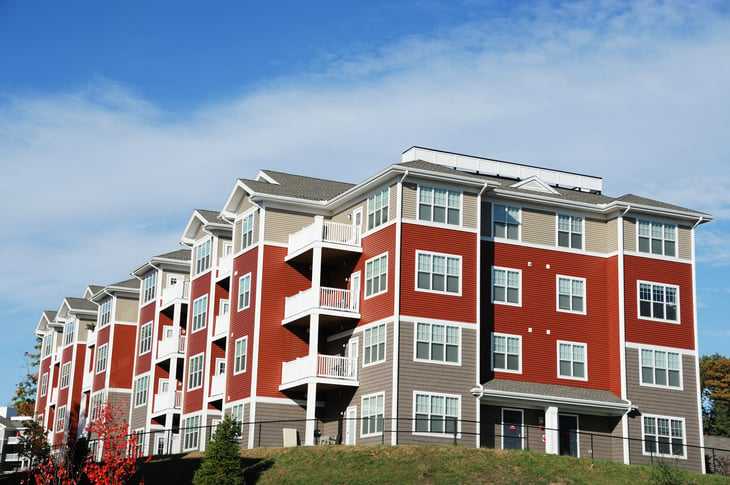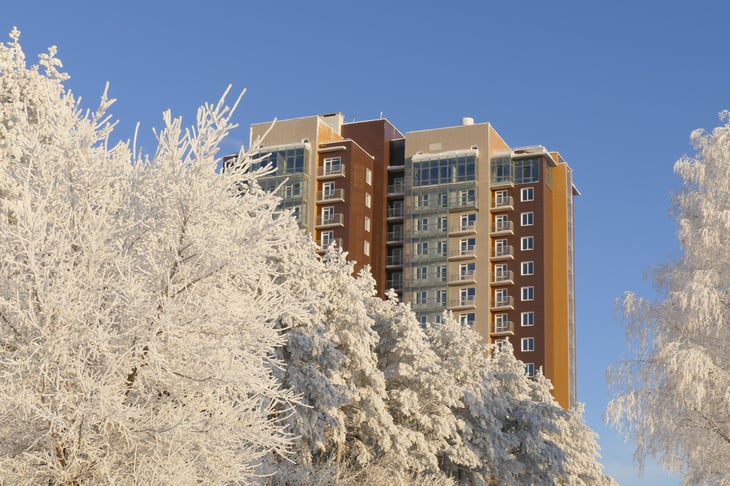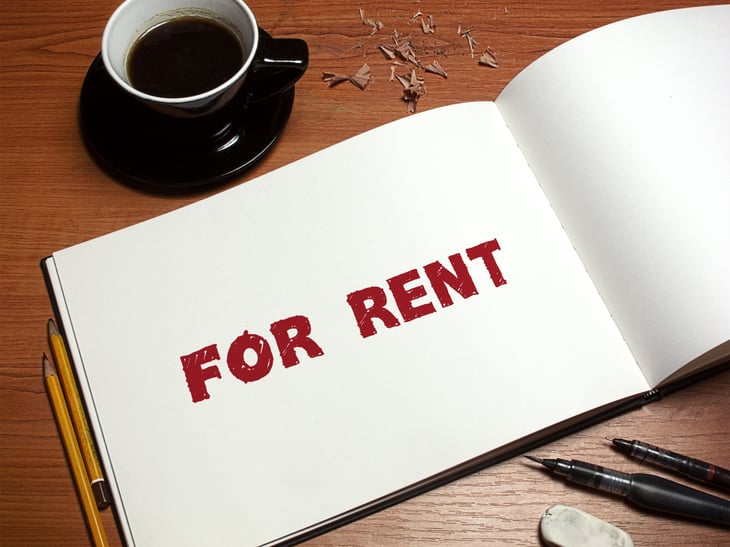It’s no secret that rents are high in many areas of the country. Millennials have an affinity for renting, and the impact of Great Recession foreclosures sent some homeowners looking for leases. For a variety of reasons, baby boomers have also become more likely to rent.
That high demand for rentals has driven up the costs. Even so, it doesn’t mean that you can’t get a good deal, or at least avoid paying more than you should. Consider these tips for tracking down an affordable rental:
1. Avoid the giant, corporate complexes

Look for apartments where you will deal directly with the owner or a manager. Those landlords generally place more value on long-term, reliable renters than those who work at corporate complexes, reports The Fiscal Times. They are also less likely to raise rent quickly.
2. Know the neighborhood

Landlords are always anxious to rent their properties to qualified tenants as quickly as possible. Use that to your advantage by scouring the neighborhood and targeting the properties for rent. Consider looking for housing that’s a bit older, and you might have a solid shot at negotiating rent, reports Aol.com.
3. Show them your ‘perfect tenant’ persona

Landlords are entrusting their valuable property to your care. That’s why they look for renters with good credit scores, stable employment and solid past rental histories.
Sure, it’s tempting to wear sweats and sneakers when apartment hunting, but remember, leasing is a business transaction. You needn’t dress as if you stepped out of a corporate boardroom, but having a clean, professional appearance is a good idea.
Landlords also want you to look good on paper — meaning a good credit score, a stable job history and stable rental history. If one of these things is going to set off alarms, be prepared to address it.
4. Prepare to negotiate for savings

Renters are often surprised at how easily they can reap significant savings by negotiating. Be prepared to ask for one month free, or for a lower monthly rate in exchange for a longer lease. Ask for a two-bedroom apartment at a one-bedroom price. Ask for free fitness membership or a break on utilities or parking.
You might even ask if there’s some service you could perform — mowing the lawn, shoveling snow or even general maintenance on your own unit — for a reduction in rent. The time to speak up is before you sign or renew a lease.
5. Weigh everything that is covered by your rent

Is it vital that you live in an apartment with the “right” address? Consider a slightly less prestigious location if you don’t want to pay extra for perks such as a doorman, on-site fitness facilities or a pool.
6. Shop at off-peak times

Landlords are especially anxious to rent between October and February. You’ll find more specials and choices when you shop for a rental at a off-peak time.
7. Read the lease first, then sign

In the frenetic, time-consuming rush to rent an apartment, many of us sign a lease first and ask questions later. Check the lease, and read all fine print. Do you pay extra for utilities? Is water included? Are there parking restrictions? Can you sublet?
8. Ask about referral bonuses

It’s sometimes difficult to find qualified renters for properties, which is why apartment managers often value referrals. Ask if the apartment complex has a referral program, or if they would consider paying a “finder’s fee” if you refer a prospective tenant who becomes an actual resident. I’ve heard of referral fees ranging from $50 to $250, depending on time of year, location and other variables.
9. Don’t forget about pro-rated rents

If you rent an apartment but don’t plan to move in on the first of the month, find out if the landlord will allow you to pay for just the weeks you are there. Although some property managers of highly desirable units might insist on the full first month’s rent, many will likely be more than willing to grant the discount.
10. Consider your gut reaction to the property

Rental notices can be misleading, and rental layouts can make a big difference. A 750-square-foot apartment that includes a long hallway might feel smaller than a 600-square-foot apartment with a more open layout.
A cheaper apartment in a neighborhood where parking is scarce and tickets are commonplace might end up costing you more than a more expensive place where parking is plentiful. An awesome deal in a crime-infested area might not feel so awesome when you’re trying to catch a taxi late at night.
Be realistic about your budget and your lifestyle.
What rental wisdom do you have to offer home hunters? Share with us in comments below or on our Facebook page.




Add a Comment
Our Policy: We welcome relevant and respectful comments in order to foster healthy and informative discussions. All other comments may be removed. Comments with links are automatically held for moderation.